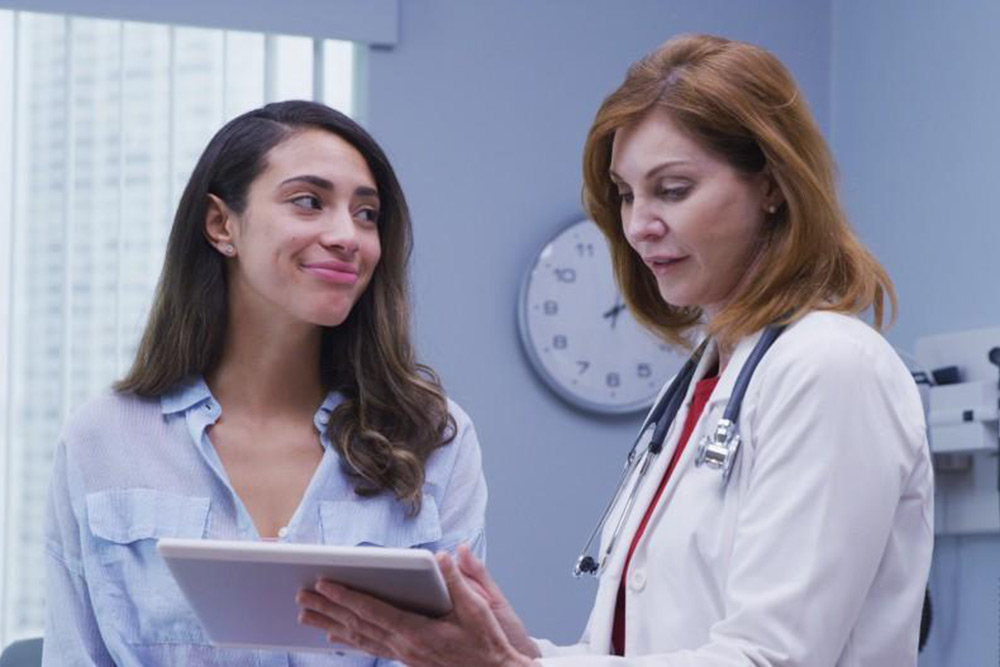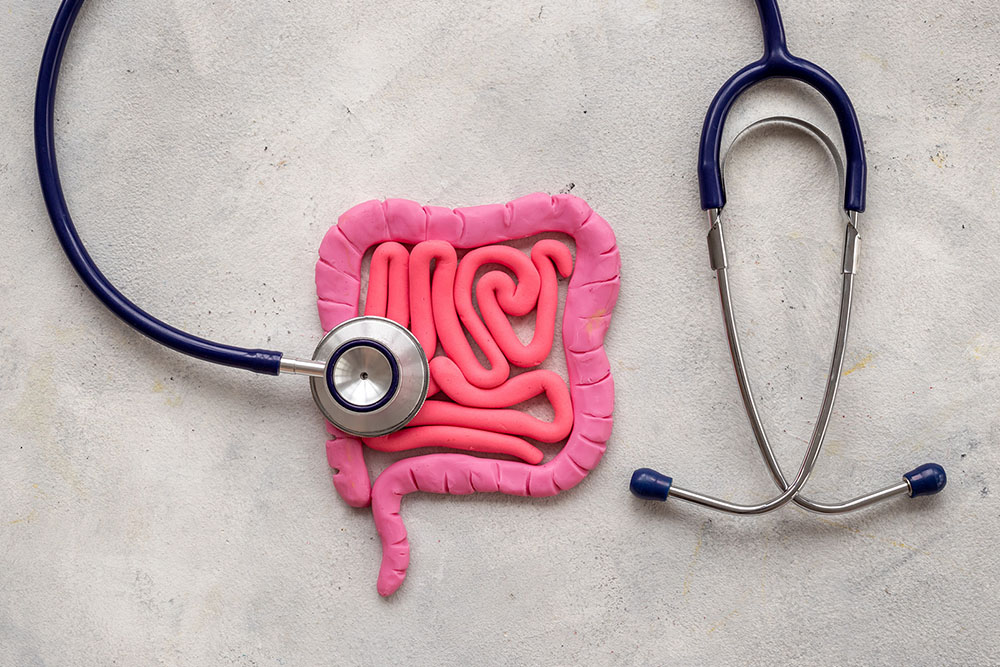How Dr. Rishi Chadha Diagnoses Ulcerative Colitis
Dr. Chadha uses a step-by-step approach:
1. Medical History & Examination
He reviews your symptoms, medical background, family history of IBD, and potential risk factors.
2. Blood Tests
Checks for anemia and inflammatory markers (e.g., C-reactive protein, ESR) to gauge disease activity.
3. Stool Tests
Rules out infectious causes and looks for signs of inflammation in the gastrointestinal tract.
4. Colonoscopy & Biopsy
Uses a flexible camera to examine the entire colon lining, identify ulcerations, and collect tissue samples for definitive diagnosis.
Frequently Asked Questions
What's the difference between Crohn's disease and ulcerative colitis?
Crohn's can affect any part of the digestive tract, while ulcerative colitis stays in the colon and rectum.
How is ulcerative colitis diagnosed?
Diagnosis includes a review of symptoms and medical history, blood and stool tests, and a colonoscopy with biopsy to examine the colon lining.
What foods should I avoid with UC?
During flares, avoid high-fiber foods, grease, spicy dishes, and dairy. A 7-day meal plan with our dietitian can help you track triggers.
Can surgery cure UC?
Surgery, such as a colectomy, can remove diseased colon segments and stop symptoms, but lifelong care and monitoring remain necessary.
What is the ICD-10 code for ulcerative colitis?
The ICD-10 code for unspecified ulcerative colitis is K51.9, which you may see in your medical record.
Is UC genetic?
Having a family history of ulcerative colitis or other inflammatory bowel diseases raises your risk, but UC is not fully inherited.
How can I reduce stress that triggers UC?
Stress-reduction techniques like yoga, deep-breathing exercises, and counseling can help minimize flare-ups.
What side effects can UC medications have?
Common side effects include nausea, fatigue, and increased susceptibility to infections. Dr. Chadha monitors you closely to manage these risks.
How does UC treatment differ from Crohn's?
Both conditions use similar medications (aminosalicylates, steroids, immunomodulators, biologics), but surgical approaches differ based on disease location.
When should I try advanced treatments or surgery?
If you experience frequent flares, fail to respond to steroids, or have strictures, Dr. Chadha may recommend biologics or minimally invasive surgeries like laparoscopic colectomy or IPAA.










